Tag Archives: Deceptive
FCC Cracks Down On Verizon Wireless For Using ‘Supercookies’
by Andrea Peterson, Washington Post

The practice came to the public’s attention in late 2014, when it received criticism from privacy advocates who called the code a “supercookie” because it was almost impossible for users to avoid. … Last January, researcher Jonathan Mayer revealed evidence that others could hijack the supercookie for their own purposes: An online advertising company called Turn was using the codes to help follow people around online, he said. Turn used the supercookie to “respawn” its traditional cookies — even if users took steps to protect their privacy by removing the cookies. Read More ›
Overdraft Practices Continue To Gut Bank Accounts And Haunt Customers
by Michael Corkery and Jessica Silver-Greenberg, New York Times
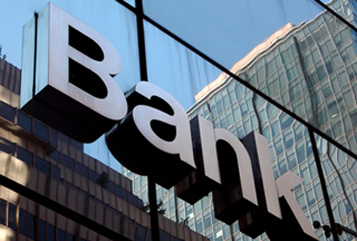
The nation’s big consumer banks collected about $11 billion in overdraft fees last year, which accounted for 8 percent of their profits, according to a report by the Consumer Financial Protection Bureau. … Many customers end up confused by how overdrafts work. In their marketing materials, for example, banks present the choice of whether to sign up for overdraft as an offer of “overdraft protection” — a feature many customers thought would automatically deny transactions and shield them from incurring the fees at all. In reality, it is a service authorizing the banks to charge the overdraft fees. Read More ›
Why Is The UC System Investing In A Payday Lender Accused Of Trapping Consumers In Perpetual Debt?
by David Lazarus, Los Angeles Times
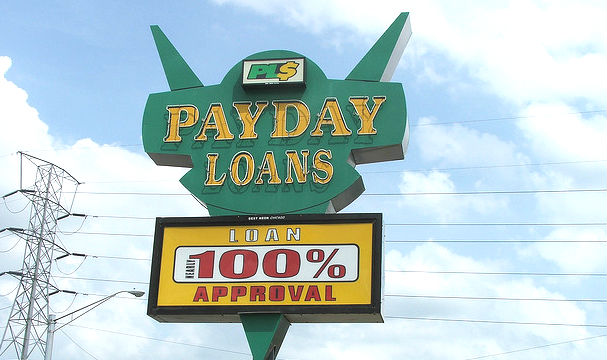
The university has invested millions of dollars in an investment fund that owns one of the country’s largest payday lenders, ACE Cash Express. … [The CFPB] has found that only 15% of payday loan borrowers are able to repay their loans on time. The remaining 85% either default or have to take out new loans to cover their old loans. Because the typical two-week payday loan can cost $15 for every $100 borrowed, the bureau said; this translates to an annual percentage rate of almost 400%. Read More ›
Uber Seeks To Head Off Lawsuits With New Binding Driver Agreement
by Carolyn Said, San Francisco Chronicle
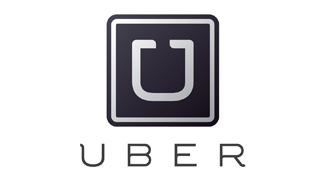
One East Bay driver, who asked not to be identified because he fears retaliation from Uber, said he had not immediately understood that he could opt out of the [binding arbitration] provision. “That wasn’t obvious to me,” said that driver, who graduated from UC Berkeley and worked in a professional job for many years. … Retaliation by Uber against drivers for opting out of the arbitration clause or for pursuing First Amendment rights to criticize the company would be illegal, but numerous drivers commenting on social media seemed unaware of this. Read More ›
Nonprofit Blue Shield Accused Of Backing Out Of $140-Million Charity Pledge
by Chad Terhune, Los Angeles Times
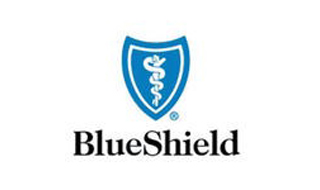
Blue Shield’s corporate conduct has come under intense scrutiny for the past year after officials revoked its longtime state tax exemption. Auditors at the California Franchise Tax Board criticized the insurer for stockpiling “extraordinarily high surpluses” of $4 billion and for failing to offer more affordable coverage as a nonprofit. California Insurance Commissioner Dave Jones is also investigating Blue Shield’s disclosures on executive compensation. Read More ›
85,000 Additional Corinthian Students To Get Fast-Track Debt Relief
by Chris Kirkham, Los Angeles Times

There was enough evidence to conclude that Everest’s California and online campuses, along with California WyoTech schools, had deceived students by overstating job placement numbers. … [The California Attorney General’s Office] alleged in a lawsuit filed in 2013 that Corinthian had overstated job placement rates by counting graduates who were employed at temporary staffing agencies or one-day health fairs. In some cases, according to the complaint, Corinthian had paid staffing agencies to hire students in order to satisfy accrediting entities. Read More ›
Corinthian College Students Sort Through Confusion, Bureaucracy After Company’s Fall
by Katy Murphy, Contra Costa Times

The Department of Education created a special claim form for students who as far back as 2010 attended Heald programs it found to have inflated job-placement numbers – about 80 percent of all of the chain’s offerings. Roughly 6,100 such claims had been filed as of mid-October compared with only a handful in the past. … The department has estimated that roughly 40,000 former Heald students alone were defrauded because of their programs’ phony job placement rates and are eligible for the relief. Read More ›
More Trouble For ITT Education Services: Agency Restricts For-Profit’s Use Of Federal Student Aid
by Ashlee Kieler, Consumerist

The new restrictions from the Dept. of Education are just the latest regulatory and legal issue for ITT Educational Services. Last month, the company revealed that the Department of Justice was looking into whether the company defrauded the federal government. … Back in May, the SEC filed fraud charges against current and former executives with the company for their part in concealing problems with company-run student loan programs. … The company has faced actions from several states, including the suspension of GI Bill Eligibility in the state of California in May of this year. Read More ›
For-Profit Colleges Accused Of Fraud Still Receive U.S. Funds
by Patricia Cohen, The New York Times

For-profit schools enroll about 12 percent of the nation’s college students, yet they account for nearly half of student loan defaults. … Kaplan [Career Institute’s] schools, including its online California law school, where only one in five students graduates, received $776.3 million worth of federal student loans and grants last year. Because it lacks bar association accreditation, most graduates outside California are not allowed to take a bar exam. Read More ›
CFPB May Let You Sue Your Bank Instead Of Going To Arbitration
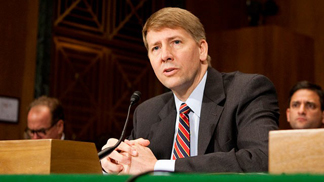
“Consumers should not be asked to sign away their legal rights when they open a bank account or credit card,” CFPB Director Richard Cordray said. “Companies are using the arbitration clause as a free pass to sidestep the courts … ” In a first step toward potential new rules, the CFPB is publishing an outline of proposals under consideration in preparation for forming a small business review panel to gather feedback from industry stakeholders. … [New rules would apply to] credit cards, checking and deposit accounts, prepaid cards, money transfer services and several types of loans. Read More ›
CFPB To Consider Rules That Would Revoke Banks’ “License To Steal”
by Chris Morran, Consumerist
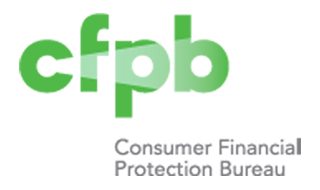
Earlier this year, the Bureau released its first report on arbitration in the financial products sector. It found that while the clauses are incredibly prevalent — 92% of prepaid debit cards and 88% of cellphone contracts use them — most consumers are completely unaware if they are affected. According to the CFPB, of those Americans constrained by arbitration agreements, fewer than 7% understood that this meant they had given up their right to file a lawsuit. “Consumers should not be asked to sign away their legal rights when they open a bank account or credit card,” said CFPB Director Richard Cordray in statement. Read More ›
L.A.-Based Auto Lender Must Pay $48M In Fines, Refunds For Illegal Collections
by Ashlee Kieler, Consumerist

Westlake Services, which specializes in purchasing and servicing auto loans, including many subprime and near-subprime loans, purchased loans from auto dealers nationwide. Wilshire Consumer Credit, a wholly owned subsidiary of Westlake, offers auto title loans directly to consumers, largely via the Internet, and services those loans. … In addition to deceiving consumers with illegal debt collection practices, the CFPB found Westlake and Wilshire violated consumer financial protection laws with advertising, customer relations and account servicing. Read More ›
California Now Allows Firms To Tell Consumers A ‘Made In USA’ Lie
by David Lazarus, Los Angeles Times
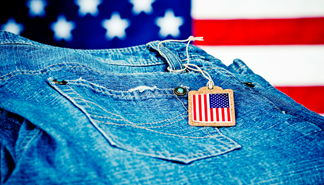
Gov. Jerry Brown signed a bill, SB 633, this month that allows California companies to say “made in America” as long as their products are mostly made in America — 90% American-made, to be precise. … Richard Holober, executive director of the Consumer Federation of California, said manufacturers never had trouble in the past meeting the state’s made-in-America rule. Loosening the state’s 100% standard, he said, puts “those businesses who go the extra mile to keep jobs and manufacturing in the USA at a disadvantage” and “gives an advantage to companies that cut corners.” Read More ›